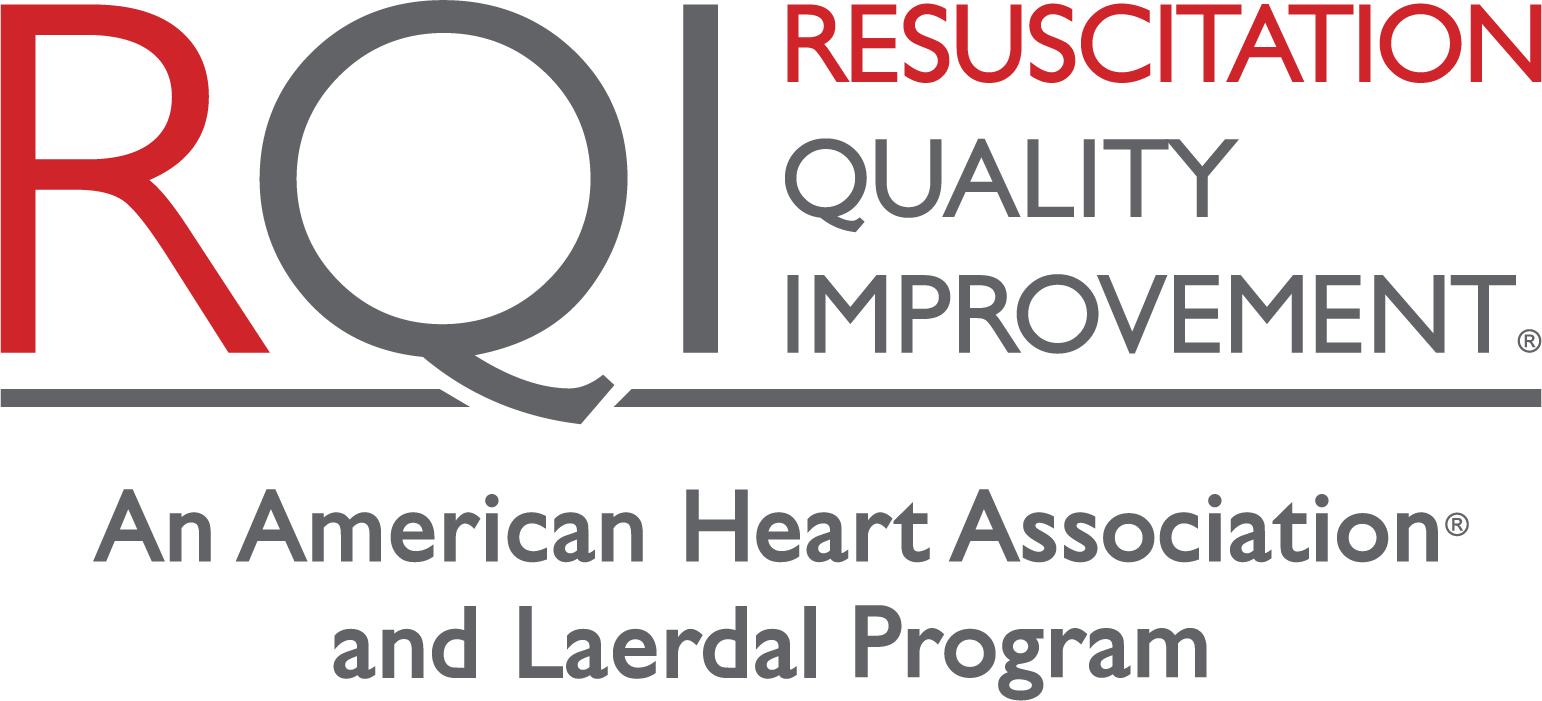Nehme, Z. et al. Resuscitation. 2021
Importance of Conclusion
Achieving optimal outcomes, including survival, from out-of-hospital cardiac arrest (OHCA) is dependent on the timeliness of pre-hospital interventions and the quality of how these interventions are implemented. The implementation of high-performance CPR strategies delivered via a quality improvement model can minimize variation in outcomes and has proved to be associated with a significant increase in survival following OHCA.
Key Points
- The implementation of a state-wide resuscitation quality improvement model was associated with a significant increase in survival from OHCA.
- Paramedics trained in a low-dose, high-frequency model demonstrated improvements in pre-shock pause, compression depth, and chest compression fraction resulting in a median chest compression fraction score of 92% and pre-shock pause of 5 seconds during resuscitation events.
- With providers being trained in a quality improvement model, rates of event survival increased by 34% and by 38% for prehospital ROSC.
- The monthly risk-adjusted odds of survival to hospital discharge improved by 50%. When collapsed over time, this was associated with an overall 33% improvement, representing 8.7 additional survivors per million population.
